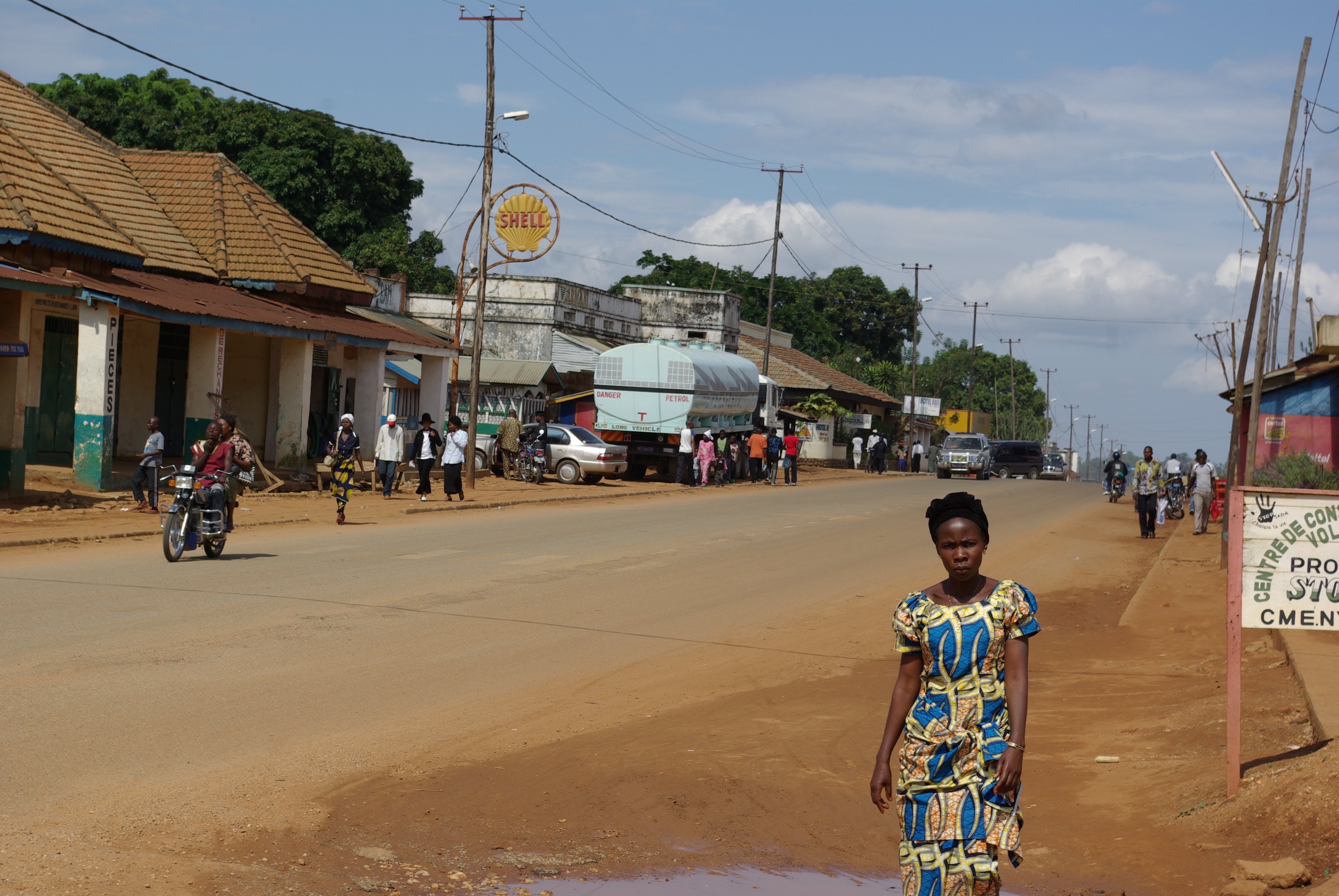
GOMA — "They realized he wasn't one of them because he didn't speak Swahili. Then they pulled him off the bus he was traveling on, stoned him to death, opened his chest and ate his heart." Hearing this story from a high-ranking United Nations official, one immediately asks if this is just a legend of the jungle. "A legend? No, we saw pictures of his roasted head being eaten."
This horrific story took place last October, after one of the massacres committed by the Islamist rebels of the Allied Democratic Forces (ADF) in Beni, in eastern Congo. The ADF are a group who formed in Uganda, and whom the government accuses of being linked to the Somali jihadists of al-Shabaab. They invaded Congo with the aim of conquering a land full of natural resources and have spent the past months imposing terror on locals.
"They come into the villages at night and take people out of their houses," said a witness who asked not to be identified. "Then they kill them with machetes — even women and children." Recently, part of the local population rebelled and lynched a suspected jihadist.
Tribal rituals
Cannibalism is nothing new in these parts. Joseph Conrad wrote about it at the end of the 19th century in his novel Heart Of Darkness, when the protagonist, Charles Marlow, throws the body of one of his helmsmen killed by savages overboard instead of letting his hungry men feed on him. Though horrifying, it is a ritual performed to obtain the strength of a defeated enemy.
The 20-year war that has claimed the lives of 25 million, has brought other fears to the town of Beni. "Every day," says the latest UN report, "more and more women cannot work in the fields for fear of being raped, and there are more child soldierswho are recruited and abused."
The Democratic Republic of Congo was already largely unstable after Leopold II of Belgium made it his personal property in 1885; then came the massacre of Italian airmen in Kindu in 1961. The latest troubles, however, began in 1994 after the Rwandan genocide. The Hutu responsible for the massacres sought refuge here, crossing at Goma's border. The Rwandan Tutsis, led by now-President Paul Kagame, gave chase, allying with Laurent Kabila to overthrow the Mobutu regime in Congo. But then Kabila broke with the Rwandans and the conflict has still not been resolved.
Forgotten country
In the east of the country, Hutu guerrillas who want to reconquer Rwanda are active, as are the Patriotic Front of the Ituri Resistance (FRPI) and the Islamic ADF.
Why do we hardly ever hear about this perilous conflict, especially with migrants from the region landing en masse on our shores? The next wave could come from neighboring Burundi, where President Pierre Nkurunzina has provoked riots after announcing he would run for another term in defiance of the constitution. Though he won, the UN mission found the vote was not conducive to a credible election process.

In Beni, DRC — Photo: Razdagger
To rebuild regional stability, the UN launched the MONUSCO mission — its largest and most expensive yet, costing $1.3 billion and involving 20,000 soldiers a year. Leading it is German diplomat Martin Kobler, who was already in charge of a successful operation against the rebels of the FRPI. But the new specter is the Islamist ADF which, according to the director of the Virunga Park, Emmanuel de Merode, is "a jihadist training center."
Intelligence has not yet proved the ADF's affiliation with al-Shabaab, Boko Haram or ISIS, but has noted two disturbing facts. First, that recruitment comes through Uganda, via the road that leads to Somalia; second, the IED explosives being used are similar to those terrorists have used to kill hundreds of Westerners in Iraq and Afghanistan.
But who brought them into Congo? After his latest report to the UN Security Council, Kobler told La Stampa, "The connection with jihadists has not been proven but this does not mean that it doesn't exist. I cannot give guarantees on how the situation will be in a year."
An uncertain future
There aren't many devout Muslims here, but an infinite number of poor people still live in mud huts and could easily be swayed by the prospect of money. In 2016 there will be presidential elections. The constitution prohibits Joseph Kabila from running again, however in January he sought to change this, saying that before voting a census should take place — which would take years to complete. Street protests led him to back down, but the stability of Congo now depends on his decisions.
This is the heart of Africa, not only geographically but metaphorically too. It has wealth of every kind — from gold to diamonds to coltan, which cellphones are made of — but it cannot handle them for the good of everyone.
The Democratic Republic of Congo is undermined by corruption, war and tribal rivalries, but it still has real reasons to hope. Right now, the country is at a crossroads between leading the African renaissance, and the danger of returning to the horrors of the past.

No comments:
Post a Comment